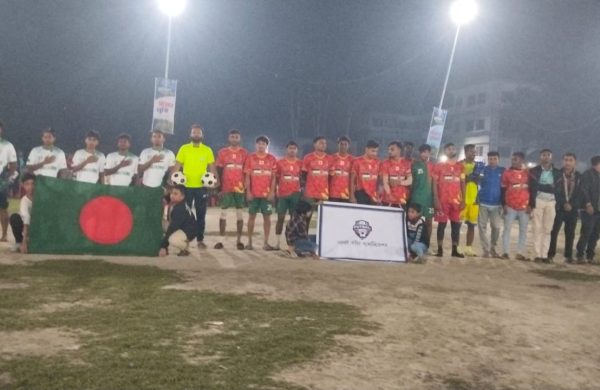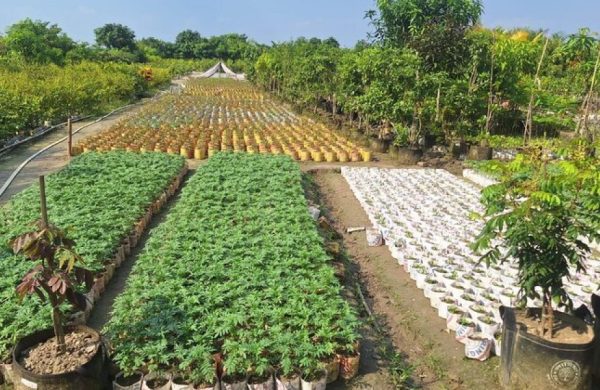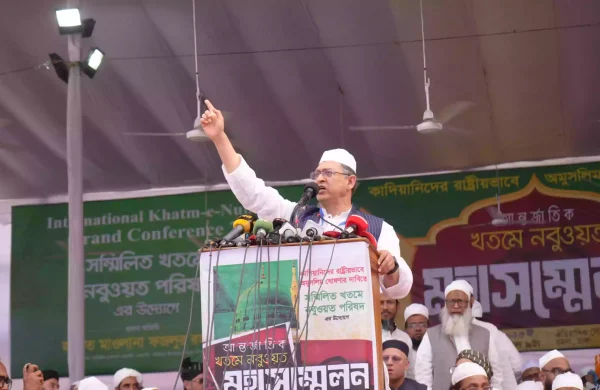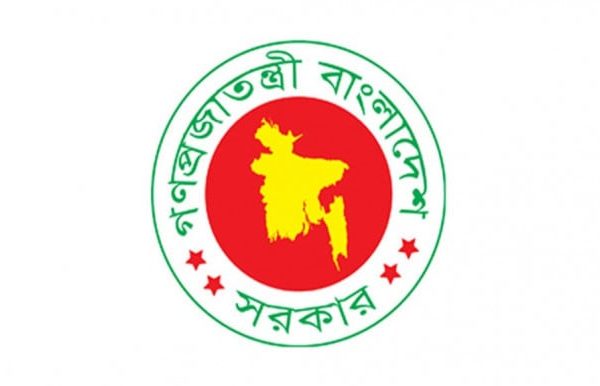Businessmen on the Brink, Migrant Workers in Distress
- Update Time : Sunday, June 22, 2025

—Mostofa Kamal—
There is no good news in any indicators for large, medium or small businesses and investments in the country. In some sectors, the possibility of survival has already become “slim.” Businesspeople have been grappling with multiple crises for a long time. Unlike others, they cannot take to the streets in groups or alliances to voice their distress through rallies or processions.
It doesn’t suit them to wail aloud. As a result, they are forced to endure silent suffering as if it were their fate. And even amid such pain, they must appear resilient and strong.
Due to this harsh reality and compounding interest rates, both the number and volume of loan defaulters have sharply increased. The latest figure puts the amount at Tk4.2 trillion—and it is expected to rise further. The current interest rate on bank loans is around 15%, and the compound interest system is making the repayment even more unmanageable. Consequently, many investors in the business sector are being labelled as defaulters.
Since 5 August, many factories have shut down, while others with potential have seen their production plummet. On top of that, lack of financing, no loan support, and rising interest rates have struck a deadly blow. The pre-existing crisis, compounded by post-August instability, has created a near-paralysis in the sector.
Despite this grim situation, the government has yet to take any visible, supportive measures to revive business and investment. All categories of entrepreneurs are now quietly frustrated. Those barely managing to survive are struggling to repay loans, pay staff salaries, and cover operating costs. On top of that, bribery and corruption haven’t subsided—under-the-table dealings persist as before.
As a result, survival has become a challenge even for major industrial groups. There’s no scope to think about fresh investment, which means no new employment is being created. Investment brings jobs—but speaking publicly about these hidden truths is seen as dangerous. Even business leaders who occasionally speak to the media tread cautiously, fearing backlash or mob harassment if their comments are not well received. Yet the truth finds its way out.
It’s not hard for anyone to understand that the environment required for business growth, investment and employment generation is currently absent. Common sense alone is enough to figure out what needs to be done to rein in inflation, unemployment and slow growth. The business climate is the same for domestic and foreign investors. If local investors are worried, foreign ones cannot be at ease either. Rising production costs, a strong dollar, fuel price instability, and high interest rates are no secret to foreign observers.
About 60% of factories in the country are reportedly operating below capacity due to a lack of gas. Law and order conditions are also worrying. These are not things foreigners need to be whispered to about—they can see them clearly.
Ongoing anti-investment policies and activities have cornered the country’s entrepreneurs. The conditions threatening domestic investors will hardly feel like a warm welcome to foreign ones.
Those who lack commitment to Bangladesh may be unconcerned. They will simply invest in homes and assets in the US, UK, Canada, Dubai, and flee when needed. But what will happen to those who truly love the country and are committed to it? These are the people trying to build the country through enterprise and employment, trying to uplift others along with themselves. If the survival space of these committed and professional businesspeople continues to shrink, where is the country headed?
Amid all this, the Iran-Israel conflict has emerged as a fresh concern. If it escalates into full-scale war, the ripple effect on the global economy will inevitably hit Bangladesh. No war in history has ever been good for an economy. This one will not only destabilise the Middle East but also severely affect global supply chains and energy markets.
A significant portion of Bangladesh’s power generation depends on gas and oil, particularly LNG and refined petroleum. The country imports LNG from Qatar and Oman under long-term contracts. The Strait of Hormuz is the only import route from Qatar. If that gets blocked, not only energy imports but global trade will be affected. Even if it remains open, a prolonged war will disrupt global commerce.
Bangladesh’s economy heavily relies on exports, especially ready-made garments. Any delay in shipment may risk losing buyers, force price cuts, or lead to cancellation of orders. Rising fuel prices will push electricity production costs higher, which will in turn hurt industrial output, transport, agriculture, and consumer prices. Inflation will rise further, and so will the cost of living.
In addition, the labour market will be hit hard. The Middle East is Bangladesh’s primary labour market. If war spreads across Iran and its neighbours, the employment of Bangladeshi workers in the region will be threatened. Already, some 1,500 Bangladeshi workers in Iran have lost their jobs. Anxiety is spreading among migrants in neighbouring countries as well. In past wars, Bangladeshis have had to return home prematurely from the Gulf. Given how the US is backing Israel and Iran is calling for support from Muslim nations, the conflict could soon engulf the region. That would create a job crisis in other countries too. Remittance—the country’s second-largest source of foreign currency—will take a serious hit.
In wartime, construction, services and housing sectors in the Middle East tend to shut down, and this can gradually spill over into other parts of the world. Since independence, Bangladeshis have migrated to the Gulf for work, sending remittances home and boosting the national economy. Though the exact number of Bangladeshi workers is hard to determine, estimates put it near 20 million, legal and undocumented combined. In the past decade alone, migrants have sent home $177.59 billion in remittances.
So on one side, we have the country’s economic commanders—its investors—in deep agony. On the other, we have the migrants who fuel the economy with their labour and remittances—now consumed by fear and uncertainty. These remittance warriors often cry out for dignity. Lately, they’ve become vocal, even issuing threats. But businesspeople don’t issue threats—it doesn’t suit them. They do, however, speak up through business organisations like FBCCI and others. They are informing the nation about their pain, discomfort, and challenges. Alongside warnings, they are also offering solutions.
It is the government’s sole responsibility to listen and act.
—————————————————————————————
The writer is a journalist and columnist; presently working as Deputy Head of News at Banglavision



















